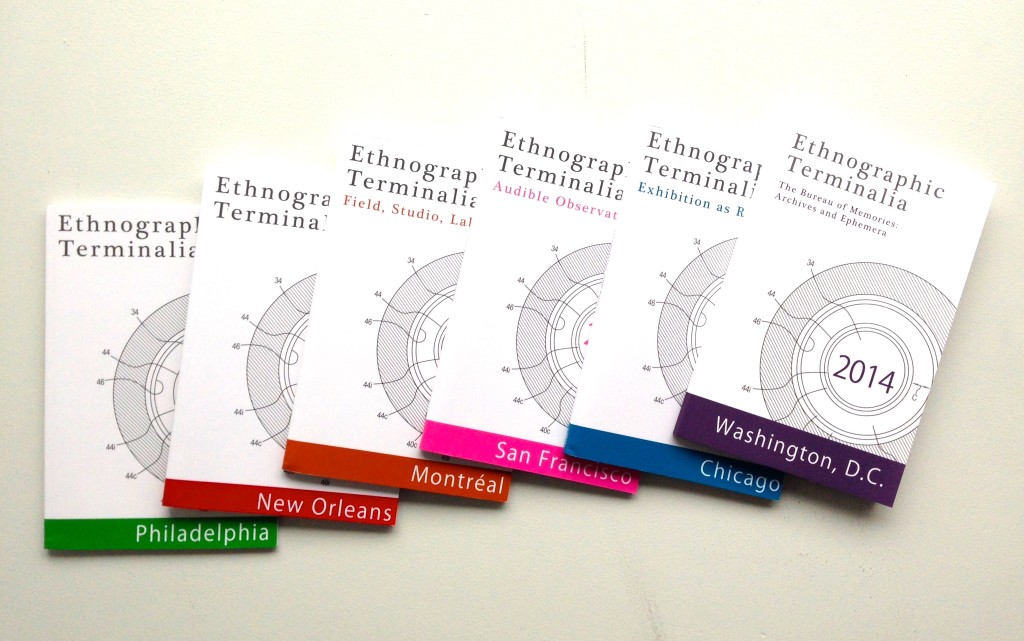Lives of Other Citizens
Audio recordings
2012
Artist Statement
Imagine if you could enter into other people’s heads and find out what they are thinking: the person sitting next to you on the bus; the girl sitting in the corner of the café; the man staring at the pigeons in the park. What would it be like to be able to download and listen to the inner conversations, hopes, fantasies and worries of the people we see in the city? What daydreams, ideas and opinions would we uncover? What would we learn about human-beings?
This project draws on recent ESRC/Wenner Gren funded research where I filmed and recorded 100+ interior dialogues of strangers I randomly approached in the street and asked to wear a small microphone and narrate the stream of their thoughts while going about their business. This revealed how the people we pass in the street are thinking about a whole range of subjects from the trivial to the tragic. I will select around 12 five-minute clips from existing material for listeners to illustrate this/download.
An interactive element constituting a downloadable database of inner-dialogues. The idea being that people can download the dialogues and then walk around the city with someone else’s thoughts in their heads.
Biography
Andrew Irving is based in the Department of Anthropology and Granada Centre for Visual Anthropology at the University of Manchester. His primary research area explores how the world appears to people close to death, particularly in relation to transformations in perception in terms of time, existence, religion, otherness and imagination, and uses collaborative and mixed media approaches to understand how culture, religion and gender mediate people’s experiences of illness, death and dying. Recent articles include ‘Strange Distance: Towards an Anthropology of Interior Dialogue’ (Medical Anthropology Quarterly 2011); ‘The Color of Pain’ (Public Culture 2009); and ‘Ethnography, Art and Death’ (Journal of the Royal Anthropological Institute 2007) which was awarded the American Anthropological Association’s AIDS Research Group’s ‘Clark Taylor Professional Prize’.


